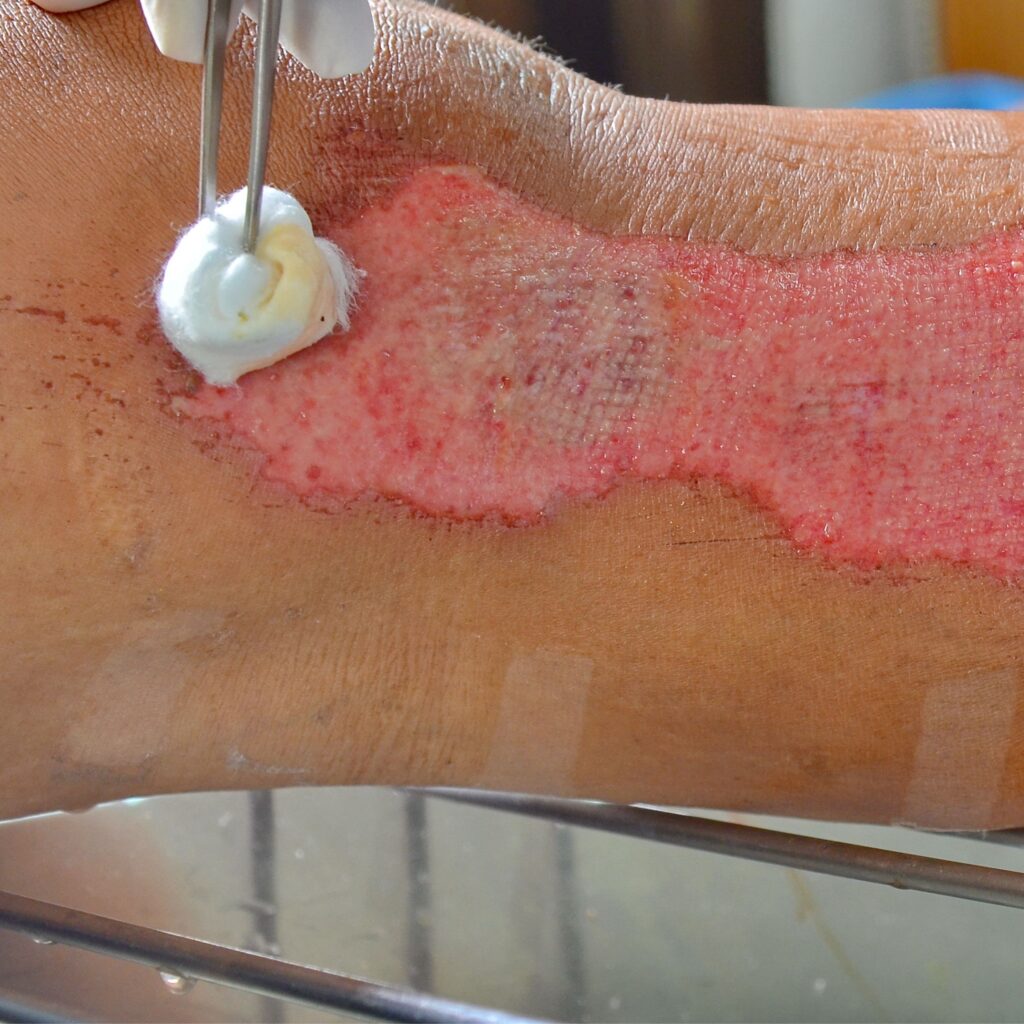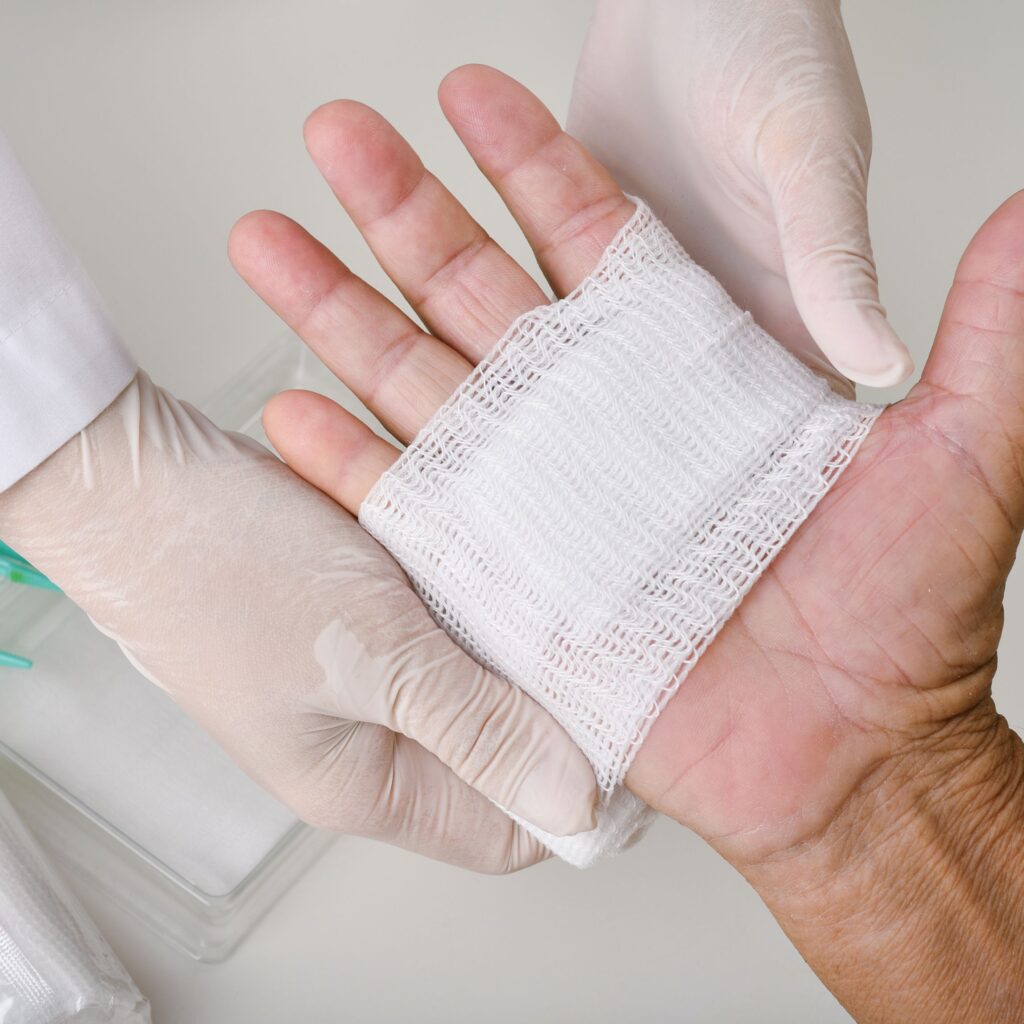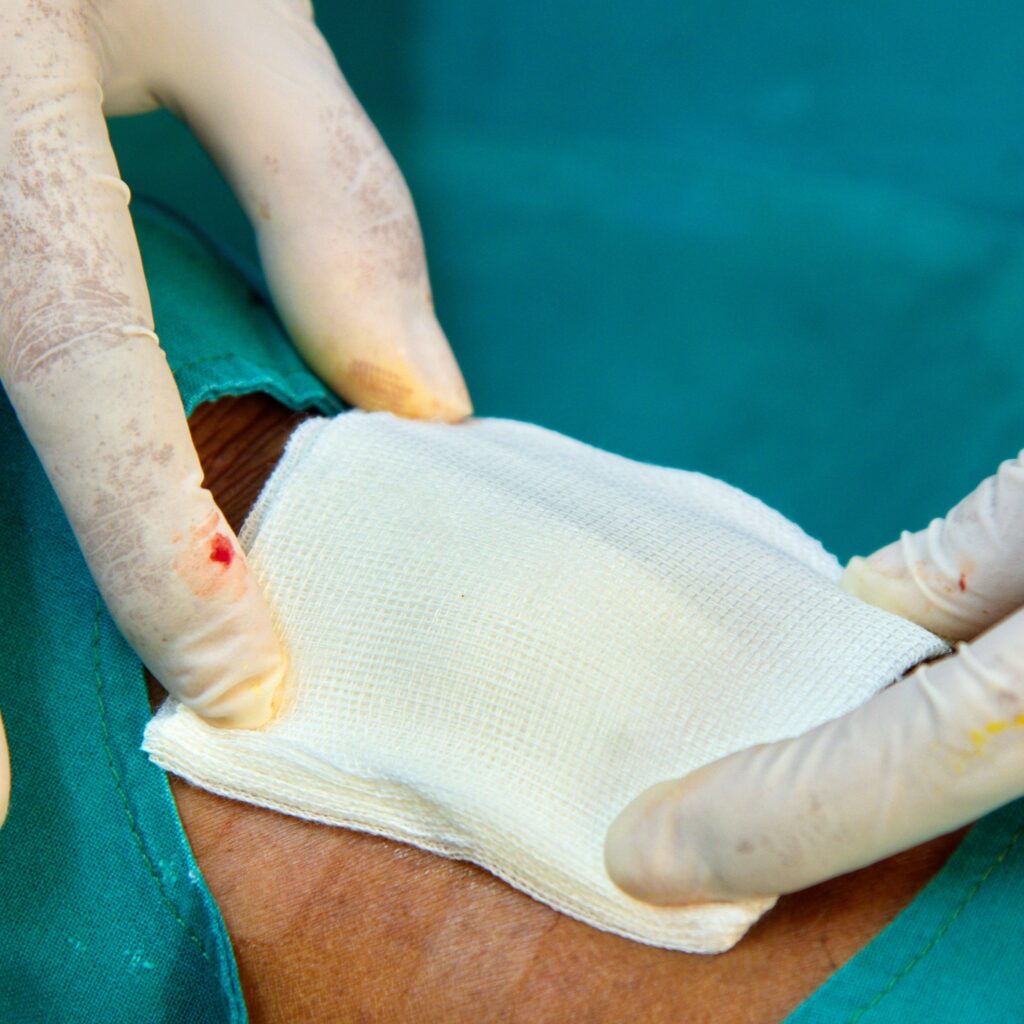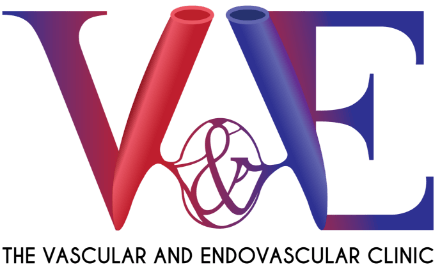Chronic wounds may persist for weeks without showing significant improvement. Recognising the factors affecting chronic wound healing helps individuals adapt effective treatment strategies for quick recovery. This article explores the different types of chronic wounds, the key factors hindering their healing and evidence-based approaches on how to heal chronic wounds.
What Is A Chronic Wound
Chronic wounds, also known as chronic skin wounds, fail to heal within twelve weeks. These persistent wounds often occur on the lower legs due to poor blood circulation.
Chronic wounds develop due to peripheral artery disease (PAD) and chronic venous insufficiency (CVI). Other factors like pressure ulcers, infections and autoimmune diseases can also contribute to chronic wound development.
Types of Chronic Wounds
- Diabetic Foot Ulcers develop due to nerve damage and poor foot circulation.
- Venous Leg Ulcers are caused by impaired blood flow due to weakened leg veins.
- Pressure Ulcers, also known as bed sores, occur when prolonged pressure is applied to the skin, often in people with limited mobility.
- Ischemic Ulcers arise from insufficient blood flow to the skin, typically due to PAD.
- Arterial ulcers occur due to insufficient blood flow caused by blocked arteries.
- Non-healing surgical wounds (abdomen and leg) due to infections, underlying medical conditions like diabetes, or problems with blood circulation.
- Infected wounds are caused by bacteria or other germs entering the wound site.
- Traumatic wounds are caused by an external force, such as a fall, scrape, or cut. While most traumatic wounds heal relatively quickly, some may develop into chronic wounds if not properly cared for or if underlying medical conditions impede healing.
- Gangrene occurs when tissue death sets in, often due to a lack of blood flow. It can affect any body part but commonly affects the toes, feet and legs.
Why Chronic Wounds Won’t Heal: Challenges in Healing Chronic Wounds
Several factors impede the healing process of chronic wounds.
- Inadequate blood flow deprives the wound of essential oxygen and nutrients needed for healing.
- Infection that disrupts the healing process, leading to tissue damage.
- Persistent inflammation in the wound bed stops tissue repair and regeneration.
- Excessively dry or overly moist wound environments impede healing.
- Lack of essential vitamins and minerals impairs the body’s ability to heal wounds.

- Tissue Debridement – Removing dead or infected tissue allows for healthy tissue growth. Our clinic utilises various debridement techniques to aid with wound healing.

- Infection Control – Antibiotics or other medications may be used to combat infection. Our clinic employs diagnostic tools to identify the specific bacteria causing infection, ensuring targeted treatment with optimal effectiveness.

- Moisture Management – Dressings maintain a moist wound environment that promotes healing. Our clinic offers a wide range of dressings, including hydrogels, alginates and foams, to create an optimal moisture balance for each type of wound.

- Edges of the Wound – Healthy wound edges are crucial for proper closure. Our clinic’s specialists carefully assess the wound edges and may use techniques like debridement or specialised dressings to encourage healthy tissue growth at the wound margins.
Innovative Strategies and Treatment for Chronic Wounds
- Blue Light Therapy (EMOLED) uses targeted blue light wavelengths to promote healing and reduce inflammation.
- Negative Pressure Wound Therapy (NPWT) uses a controlled vacuum to promote wound drainage, stimulate tissue granulation and enhance healing.
- Granulox Topical Oxygen Spray delivers concentrated oxygen directly to the wound bed, promoting healing in hypoxic (oxygen-deficient) wounds.
- Hyperbaric Oxygen Therapy (HBOT) and Topical Oxygen Therapy increase the body’s oxygen levels, promoting healing in chronic wounds.
- Geko Therapy uses low-frequency electrical stimulation to enhance blood flow, reduce inflammation and promote wound healing.
- Split Skin Grafting: In some cases, split-thickness skin grafts may be necessary to cover large wounds or wounds that are not healing with other methods. This procedure involves transplanting healthy skin from another area of the patient’s body to the wound site.
The Vascular and Endovascular Clinic’s Personalised Approach to Healing
Our vascular specialists, Dr Julian Wong and Dr Tang Tjun Yip, understand that chronic wounds are not one-size-fits-all. Our team of specialists takes a personalised approach to treatment, carefully assessing each patient’s wounds’ underlying causes, wound characteristics and individual needs. We develop a comprehensive treatment plan that combines the most effective strategies to promote optimal healing and improve your quality of life.
Hope For Chronic Wound Healing Is Here: Receive Non-Invasive, Safe Wound Care Today
Chronic wound healing is a journey, and the Vascular and Endovascular Clinic is here to support you every step of the way. We work with patients, their families and referring physicians to create a coordinated care plan that addresses all aspects of wound management. Our team provides ongoing education and support to empower you in your healing process.
Take charge of your healing! Contact the Vascular and Endovascular Clinic today to schedule a consultation. Our specialists will evaluate your wound, discuss treatment options, and develop a personalised plan to achieve healing and regain your quality of life.









